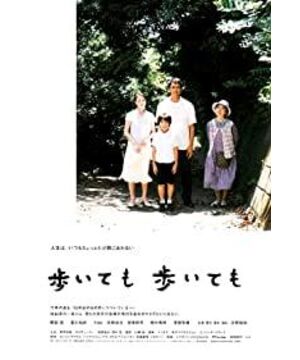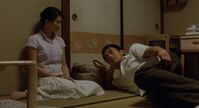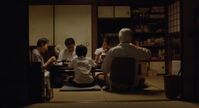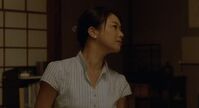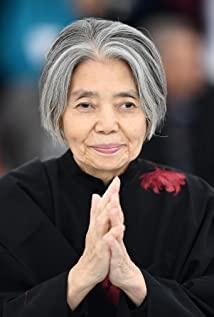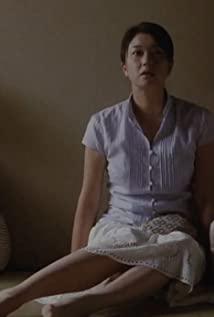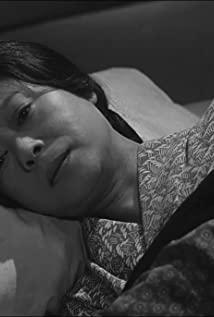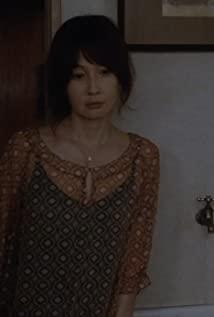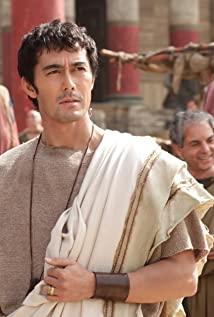It's like scooping a scoop out of a flowing river. It is colorless and odorless. It looks no different from other water in the river, but the taste of this scoop cannot be replicated. In the ordinary life day after day, occasionally a soy sauce bottle is knocked over. The film uses a family gathering as an introduction, telling the trivial things on the day of the party, in order to show the characteristics of family members, and also brings out a big brother who has never appeared. The deceased is the greatest. Even if the children have various views on their parents, the image of the eldest brother is perfect in everyone's heart. The mother prefers it, and the father has high hopes. For the younger sister, the eldest brother is the beloved child of the parents. For Xiaoliang, It is an existence that cannot be surpassed.
The role of a mother is family-oriented. Although she will not directly express her dissatisfaction with her daughter-in-law considering her son, she will implicitly say not to have a second child when she is alone with her daughter-in-law, lest the son will not be able to separate at that time, and hate the eldest son for saving her life. The survivors who came down treated each other with courtesy, but I didn't want him to feel better. I hoped that he would live in guilt. A mother who loves her children will also have hatred and disgust. An ordinary Japanese mother who is implicit in all aspects is vivid. on the screen.
The father is not like the mother, who is straight, stubborn, and wants face, but quietly puts a red envelope on the grandson and persuades the grandson to become a doctor. He is not a stubborn person, he just loves his unemployment too much, a stern father. , a dedicated and loving doctor, when his neighbor was ill and was taken away by an ambulance, he stood beside him, looking overwhelmed but lacking in strength, which was very embarrassing.
Xiaoliang is an unemployed young man. After the death of his eldest brother, as the only young adult in the family, he had to take on the heavy responsibility of the family. However, because he has always been the younger brother, his growth must have been difficult, which is not reflected in the film, but also very important. It is possible that his parents have passed away before he can fully grow up.
It is well-known that Hirokazu Koreeda is good at family themes. This drama does not discuss the common themes of life and death, love, growth and other movies with the audience. Even in his previous works, the discussions on these topics are very profound. Perhaps it is in this drama. At the beginning of the work, he established the style that he is good at. The overall rhythm of this film is very bland, and all the stories are told, just like an ordinary weekend in a neighbor's house, but this blandness is not easy to come by, so many tears and shouts, so many unwillingness and entanglement. The power of ordinary people is that they can continue to live their lives no matter how difficult it is. This may be the meaning that the director wants to express.
Life is to go step by step, it doesn't matter if you are slow, don't be in a hurry. This idea of the director is also reflected many times in the film. Xiaoliang and his wife accompany their mother to visit the grave, and walk with their son and father. The pace of the three generations is different, and it also reflects three different life states. Xiaoliang is the protagonist of the play, but more of it plays the role of connecting the plot. The characters themselves do not have much uniqueness. The filming of this film also adopts an extremely life-like perspective, so that the audience can more easily When the thoughts are concentrated on the events and the actions of the characters themselves, it is easier for everyone to understand where the director wants to express the non-stop action.
View more about Still Walking reviews


